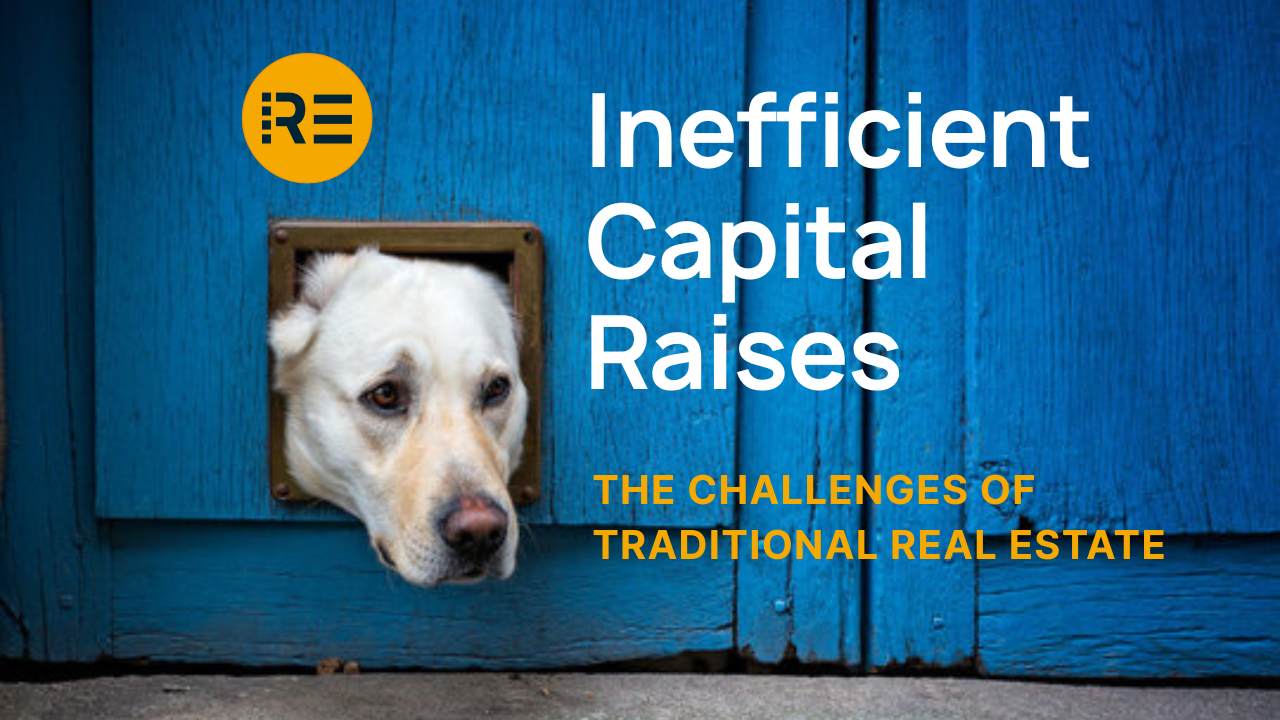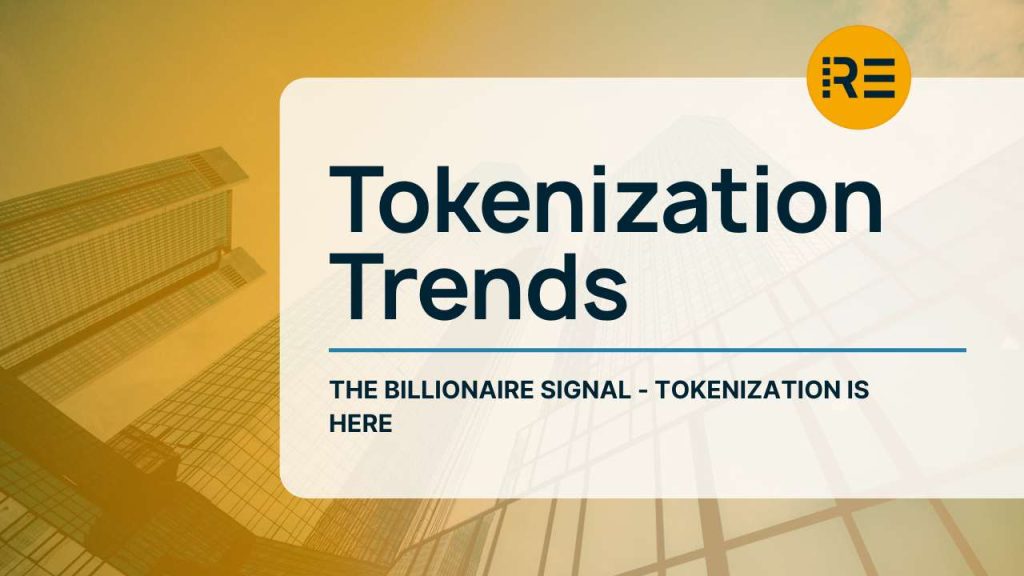Tyler Vinson knew he had a winner. The storage facility acquisition opportunity checked every box: strong cash flow, underperforming asset with clear value-add potential, and a motivated seller. As CEO of REtokens and an experienced real estate investor, Tyler had successfully raised capital before.
But this time was different. This time, he decided to take note of exactly what the traditional capital raising process was costing him.
The numbers were ugly.
Week 1: 42 individual investor calls explaining the same opportunity
Week 2: Two dozen follow-up conversations answering identical questions
Week 3: Over 30 document packages sent via email with massive attachments
Week 4: Chasing dozens of investors for signed subscription agreements
Week 5: Coordinating wire instructions for many different investment amounts
Week 6: Manual compliance verification for each investor
Total time invested: 145+ hours over six months
Administrative cost: $18,000 or more in lost opportunity time
Investor drop-off rate: Almost half due to process friction
Meanwhile, Tyler watched tech companies raise millions through streamlined digital platforms in a fraction of the time.
That’s when he made a decision that would change everything: Tyler tokenized his storage facility investment, creating the Freedom Fund 1 LLC—a tokenized real estate offering that enabled him to find a better way.
Capital Raising Inefficiencies
Tyler’s Freedom Fund became a real-world experiment in the difference between traditional and modern capital raising approaches. Here’s what the side-by-side comparison revealed:
Traditional Method (Previous Deals):
- Individual investor calls: 40-50 hours
- Document management: Email chains with version control nightmares
- Compliance verification: Manual KYC/AML for each investor
- Payment processing: Individual wire coordination and tracking
- Investor communication: Scattered across phone, email, and text
- Timeline: 16-24 weeks to full subscription
Tokenized Approach (Freedom Fund 1):
- Automated investor onboarding through digital platform
- Integrated document management with real-time access
- Streamlined compliance verification with built-in KYC/AML
- Digital payment processing with automatic settlement
- Centralized investor portal for all communications
- Timeline: 6-8 weeks to full subscription
The efficiency gain wasn’t just incremental—it was significant.
Manual Compliance Process
Tyler’s experience illustrated how traditional capital raising creates compliance and settlement headaches—administrative bottlenecks that grow worse with success.
The Outreach Challenge: Every new deal required the same repetitive investor education, scattered across dozens of individual calls with no systematic way to scale personal attention.
The Documentation Challenge: Each interested investor triggered separate email threads, duplicate questions, and version control chaos as documents were updated and redistributed manually.
The Processing Challenge: Every investment amount required custom wire instructions, individual signature coordination, and separate compliance verification—creating exponential complexity as investor count grew.
The Communication Challenge: Post-investment updates became increasingly difficult to manage, with investors scattered across different communication channels and no centralized system for important announcements.
This isn’t a character flaw in traditional syndication—it’s the mathematical inevitability of manual processes trying to scale.
Technology and Automation for Efficiency
Tyler’s Freedom Fund project showed him that real estate could evolve beyond these limitations. Through tokenization, he created:
Automated Investor Onboarding: Digital KYC/AML verification, integrated accreditation checking, and streamlined subscription processes that reduced investor friction.
Integrated Compliance Management: Built-in regulatory compliance tracking, automated reporting capabilities, and real-time audit trails that eliminated manual oversight requirements.
Seamless Payment Processing: Digital payment acceptance, automatic settlement processes, and integrated investor management that removed wire coordination complexity entirely.
Centralized Communication Hub: Single platform for investor relations, document management, and ongoing updates that replaced scattered email chains with professional-grade investor portals.
The Freedom Fund 1 wasn’t just more efficient—it was more professional, more scalable, and more investor-friendly than any traditional syndication Tyler had managed in the past.
A New Potential for Competitive Advantage
What Tyler discovered through the Freedom Fund experiment was that tokenization isn’t just about solving problems—it’s about creating a new competitive advantage for his company.
Speed to Market: Tokenized offerings can achieve full subscription in weeks, allowing faster to market opportunities.
Global Reach: Traditional syndications are limited by geographic networks and manual relationship management. Tokenized offerings can potentially tap global investor pools through digital platforms.
Professional Presentation: Investors increasingly expect institutional-grade technology experiences. Manual processes feel outdated compared to streamlined digital platforms.
Scalability: Traditional syndications hit administrative walls as they grow. Tokenized platforms scale automatically without proportional increases in manual overhead.
The Freedom Fund proved that tokenization isn’t about replacing real estate fundamentals—it’s about executing them more efficiently than the competition.
The Future for Capital Raising is Tokenization
Tyler’s Freedom Fund 1 represents more than just a successful raise. It’s an example of how real estate syndication can evolve beyond its manual limitations while maintaining the relationship-building and deal execution that make the industry successful.
The real estate asset. The same investment fundamentals. The same regulatory compliance. But with digital efficiency that transforms both syndicator productivity and investor experience.
Tyler’s experiment showed that the choice isn’t between technology and relationships—it’s between efficiency and inefficiency, between scaling and stagnating, between leading and following.
Ready to see how tokenization makes the capital raising process more efficient? The Freedom Fund methodology is now available to forward-thinking syndicators who want to compete with 21st-century tools instead of 20th-century processes.





